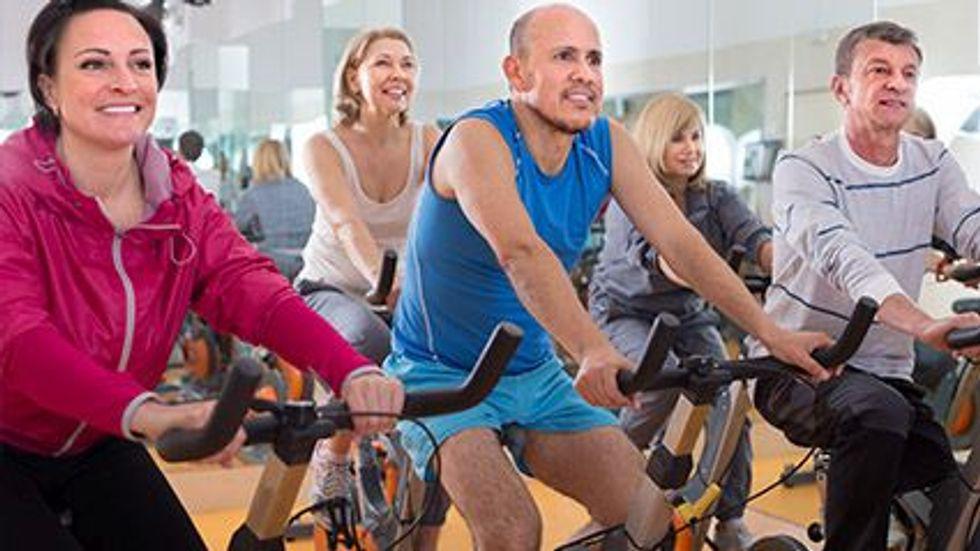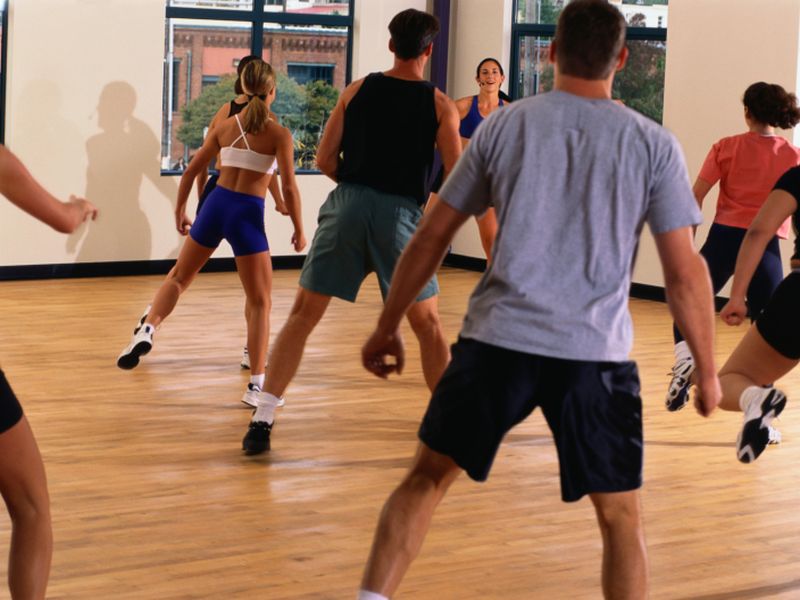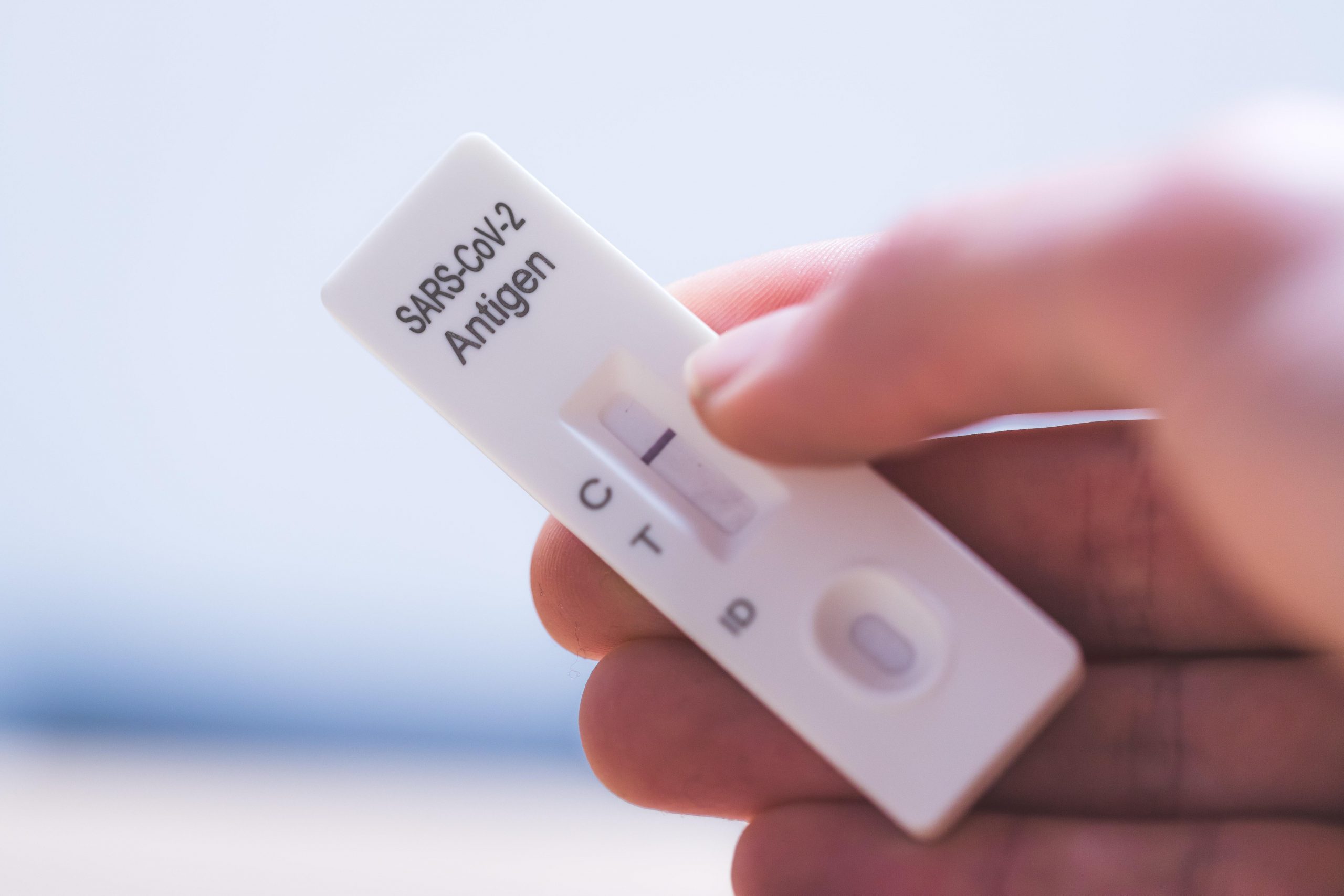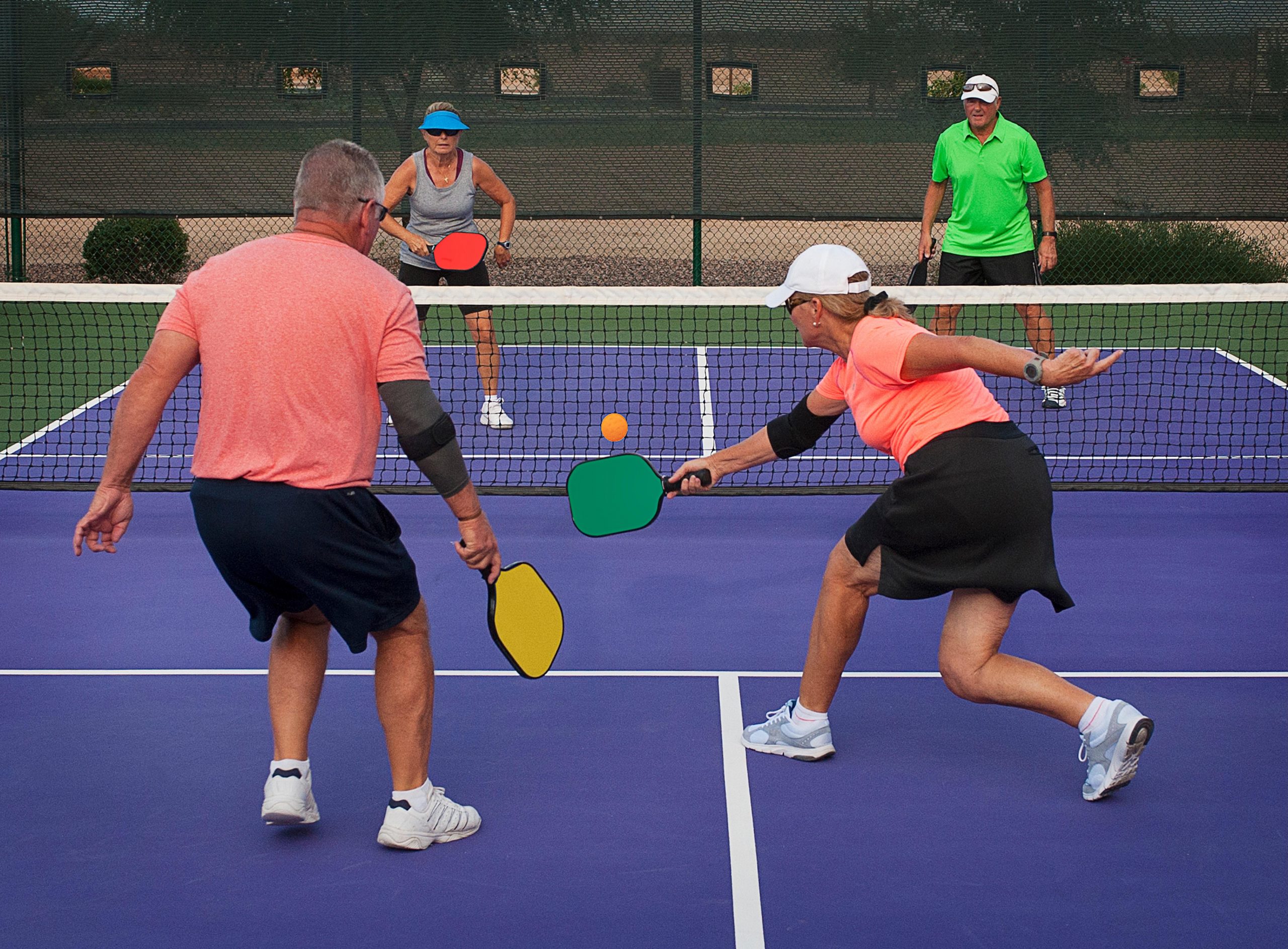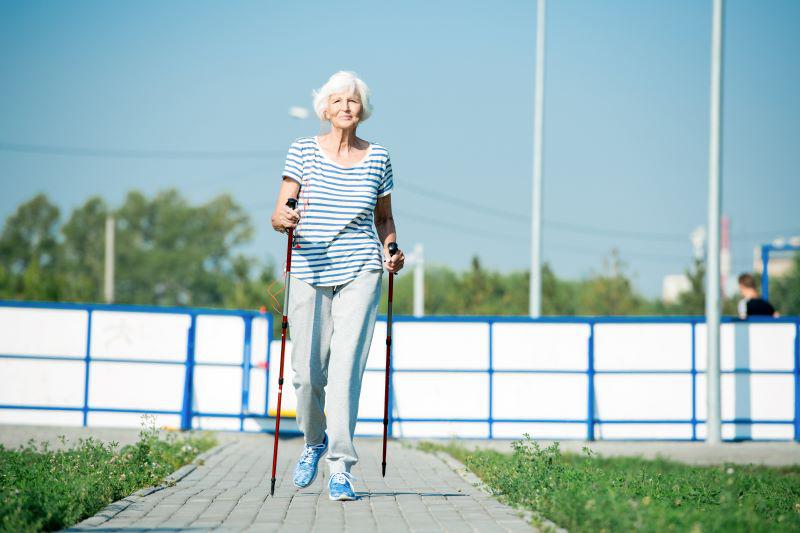
Women might need a lot fewer daily steps to lower their risk of heart failure than they think, a new study suggests. The usual recommendation is that people get 10,000 steps a day, but women ages 63 and older actually gain solid heart benefits from around 3,600 steps daily, researchers report Fev. 21 in the… read on > read on >











